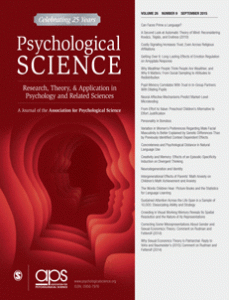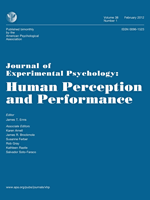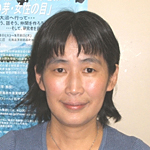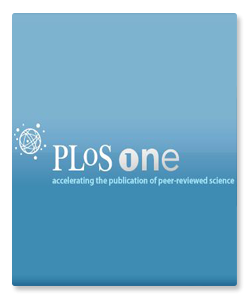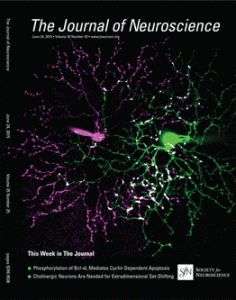 In a rare development, neuroscientist Milena Penkowa has been sentenced by a Danish court for faking data.
In a rare development, neuroscientist Milena Penkowa has been sentenced by a Danish court for faking data.
The ruling, from the Copenhagen City Court, resulted from Penkowa’s publication of her 2003 thesis describing experiments that she never carried out. The court “placed weight” on the fact that she didn’t just commit fraud, but “systematically supplied false information” to avoid being caught, according to the court’s notice.
The sentence is nine months of “conditional imprisonment,” according to our translation; The University Post, a newspaper affiliated with the University of Copenhagen, calls it a “nine month suspended sentence with a two years probation.”
Here’s the full summary of the new ruling, from the Copenhagen City Court (translated from Danish by One Hour Translation):
Continue reading Danish neuroscientist sentenced by court for lying about faked experiments

